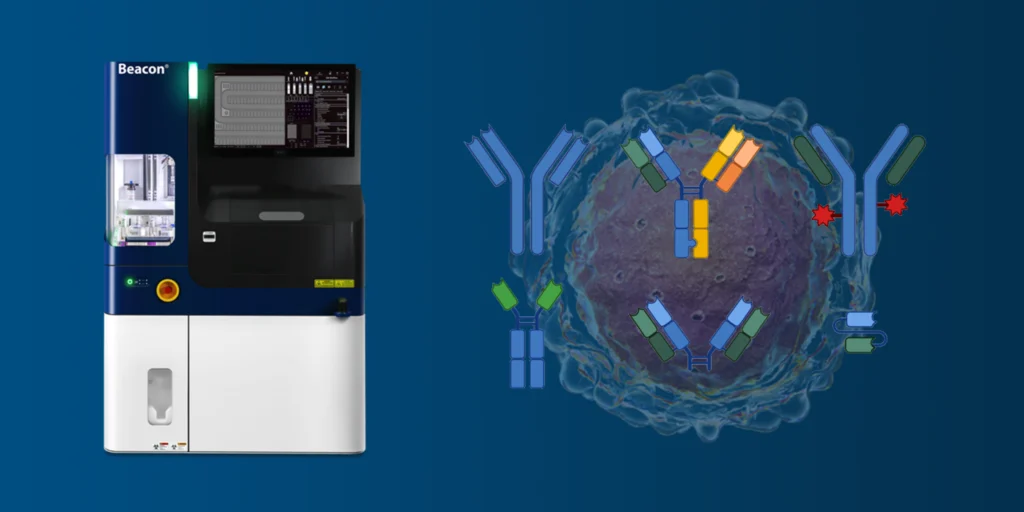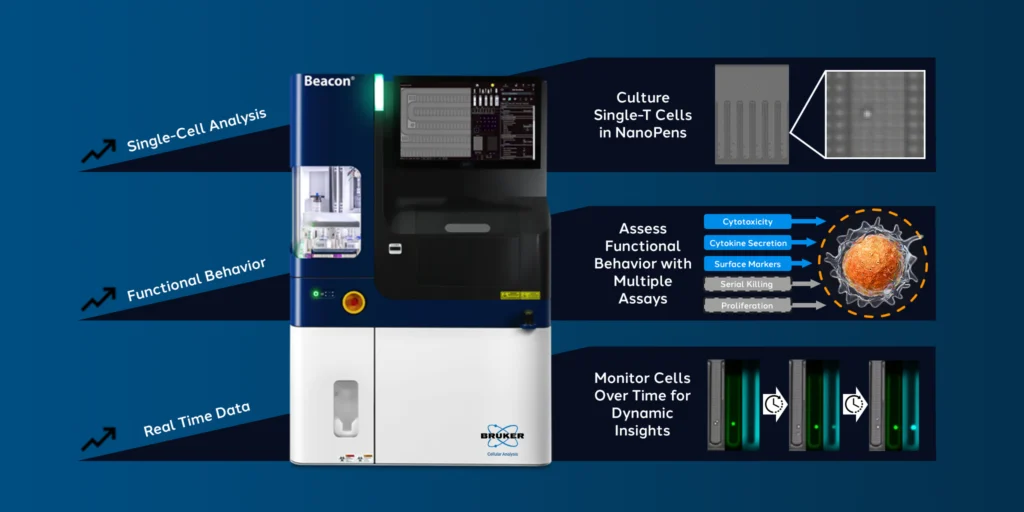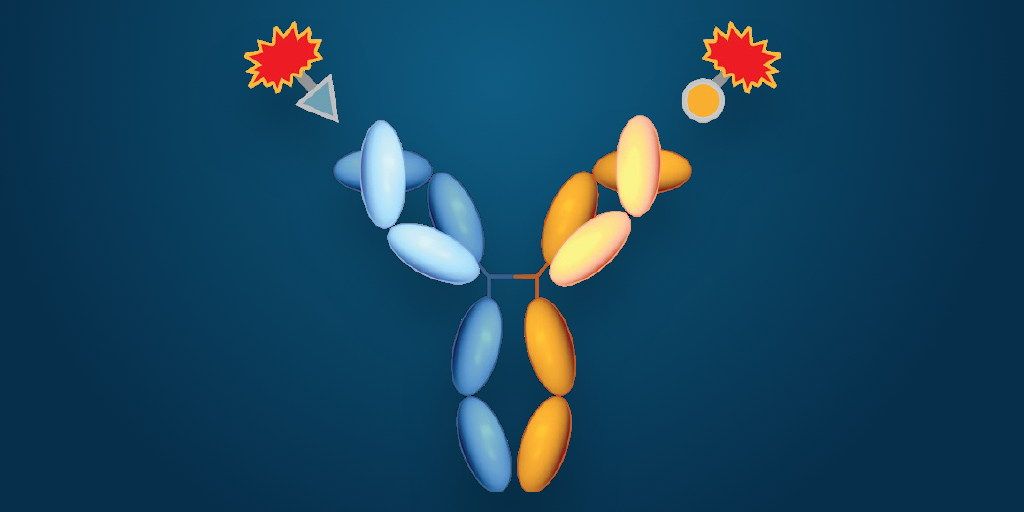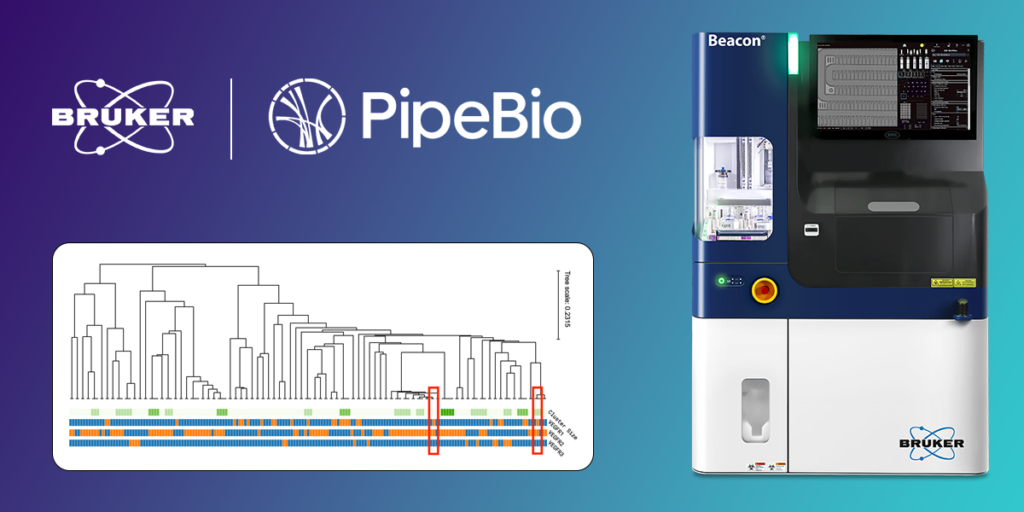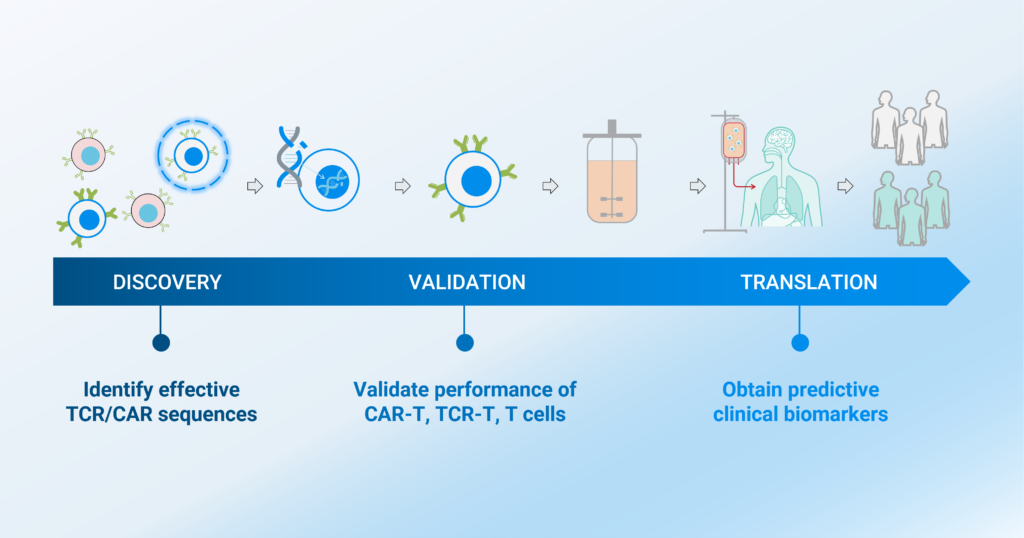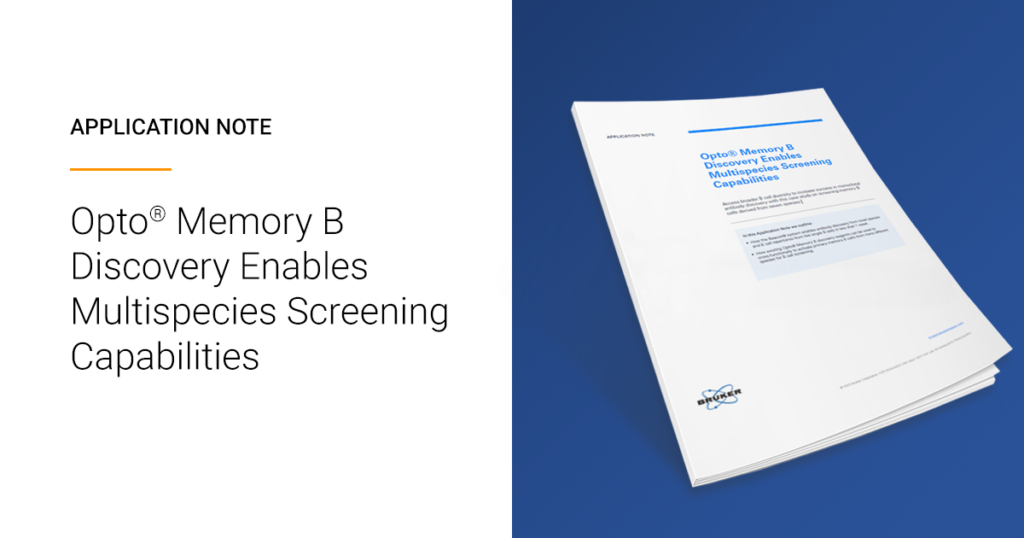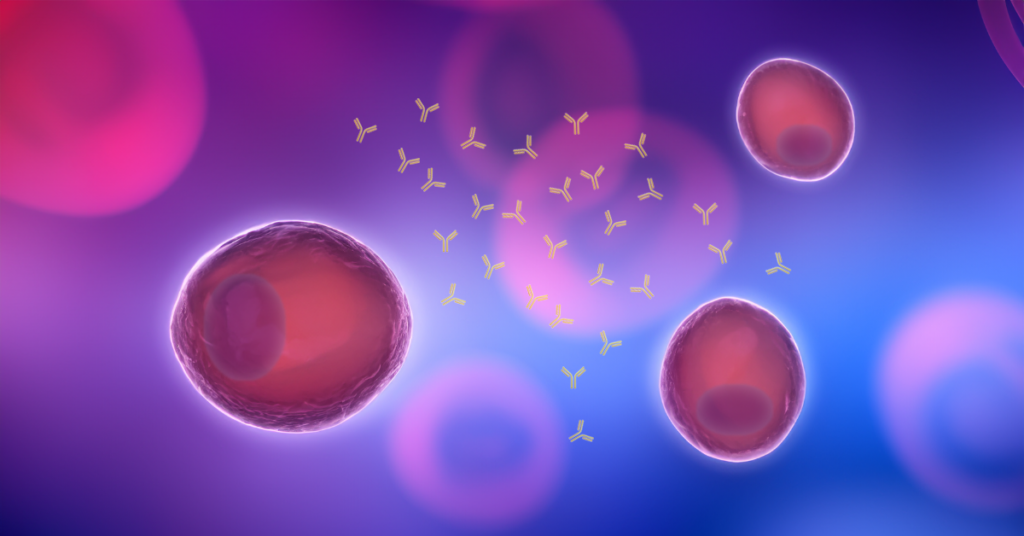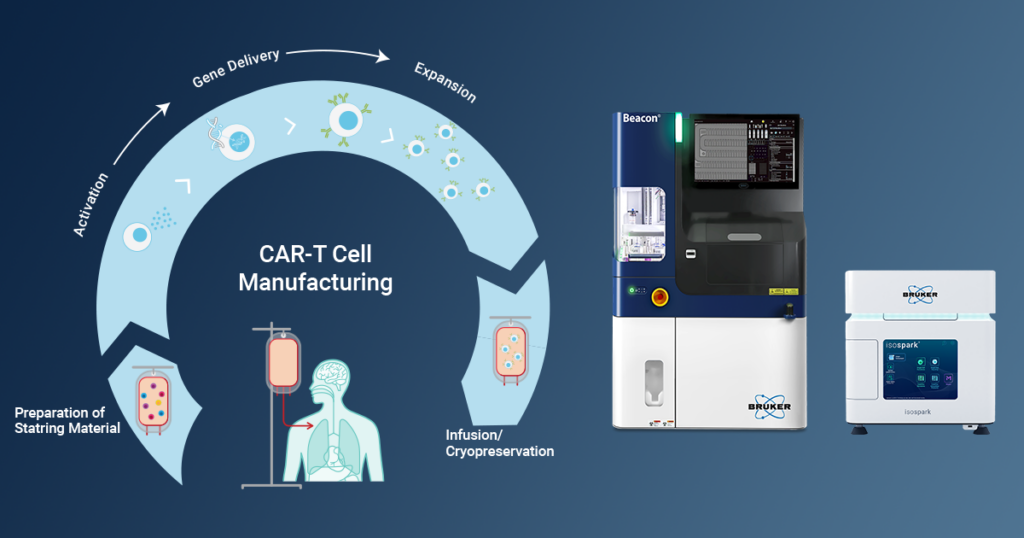Recent Advancements in Therapeutic Antibody Discovery: Bispecific Antibodies, ADCs, Fully Human Antibodies, and Technology Driving Antibody Discovery Forward
Therapeutic antibodies are transforming medicine, offering precision treatments for cancer, autoimmune diseases, and infections. Recent advancements in antibody discovery and engineering have accelerated the pace of therapeutic development, focusing on approaches such as bispecific antibodies, antibody-drug conjugates (ADCs), and fully humanized antibodies. This blog dives into recent trends and how platforms like the Beacon optofluidic […]


